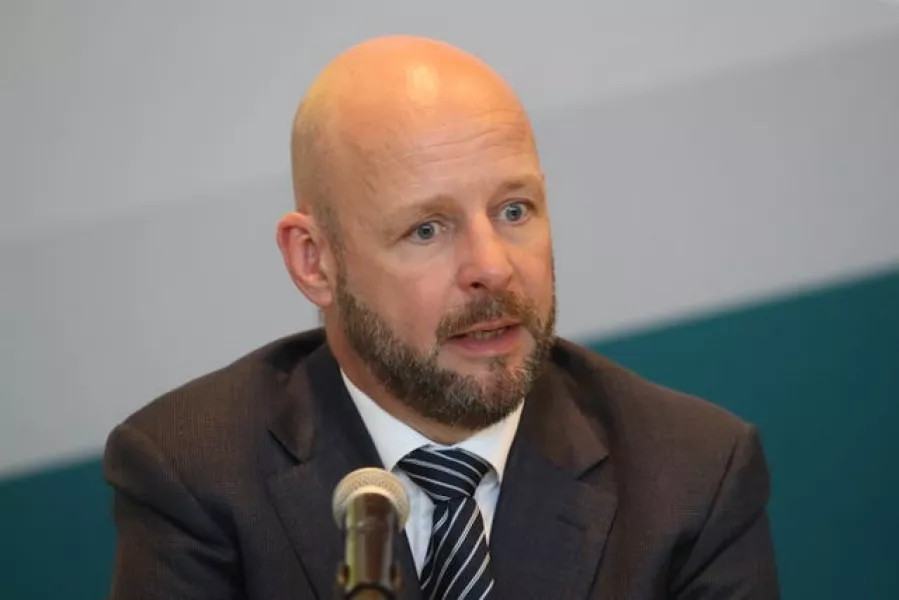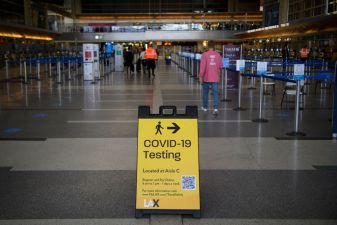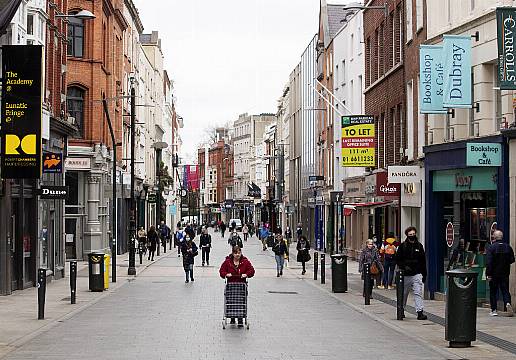The National Public Health Emergency Team (Nphet) has issued a warning over social mixing as Ireland's Covid-19 epidemiological situation has plateaued.
Infection rates have fallen, but a senior expert expressed concern that case counts and some other indicators of the disease are static or declining at a very slow rate.
Professor Philip Nolan, chair of the Irish Epidemiological Modelling Advisory Group, said the relatively constant case count can be traced to an increase in mobility, congregation and social mixing.

He described the current estimation of the R number as being between 0.8-1.1, and an average of around 500 new cases of the virus a day.
“It’s not clear to any of us what is going to happen next, if people have cut back on their level of social contact and mobility over the last week or fortnight, then we might expect case numbers to decline, if we haven’t then case numbers could remain stable or increase,” he told the Nphet press briefing.
Dr Mai Mannix, director of public health at HSE Mid-West, which includes Limerick, Clare and North Tipperary, gave examples of how people simply meeting for a cup of tea or attending funerals or wakes have in some cases spread the virus.

She described a multi-household community outbreak in recent weeks which had been traced back to people visiting each other.
She said it was a non-student population and not related to a party.
“It’s basically what happens when people visit each other for cups of tea, or a beer or even a chat and aren’t adhering to social distancing or wearing masks,” she said.
“We had six households, there was a community outbreak because of mixing between the households of at least 20 cases.
“Then subsequently one of the households brought it into their workplace where they caused an outbreak within the workplace of five cases and one of those subsequently brought it home resulting in a family outbreak.
“You can see how easily it spreads in this scenario, and it’s a situation we’ve seen on a number of occasions over the past number of weeks.”
She also gave an example of the virus spreading at a funeral.

“It’s been an extremely difficult time, but the message is that we still need to be very careful around the time of a funeral,” she said.
“It feels very unnatural to us because I think the Irish do funerals well, but I think none of us would want that our particular family funeral would be the source of more cases, or possibly serious illness for others.
“In particular the wake house, that’s a very traditional Irish thing but at the moment that’s something that people really need to be careful about.”







